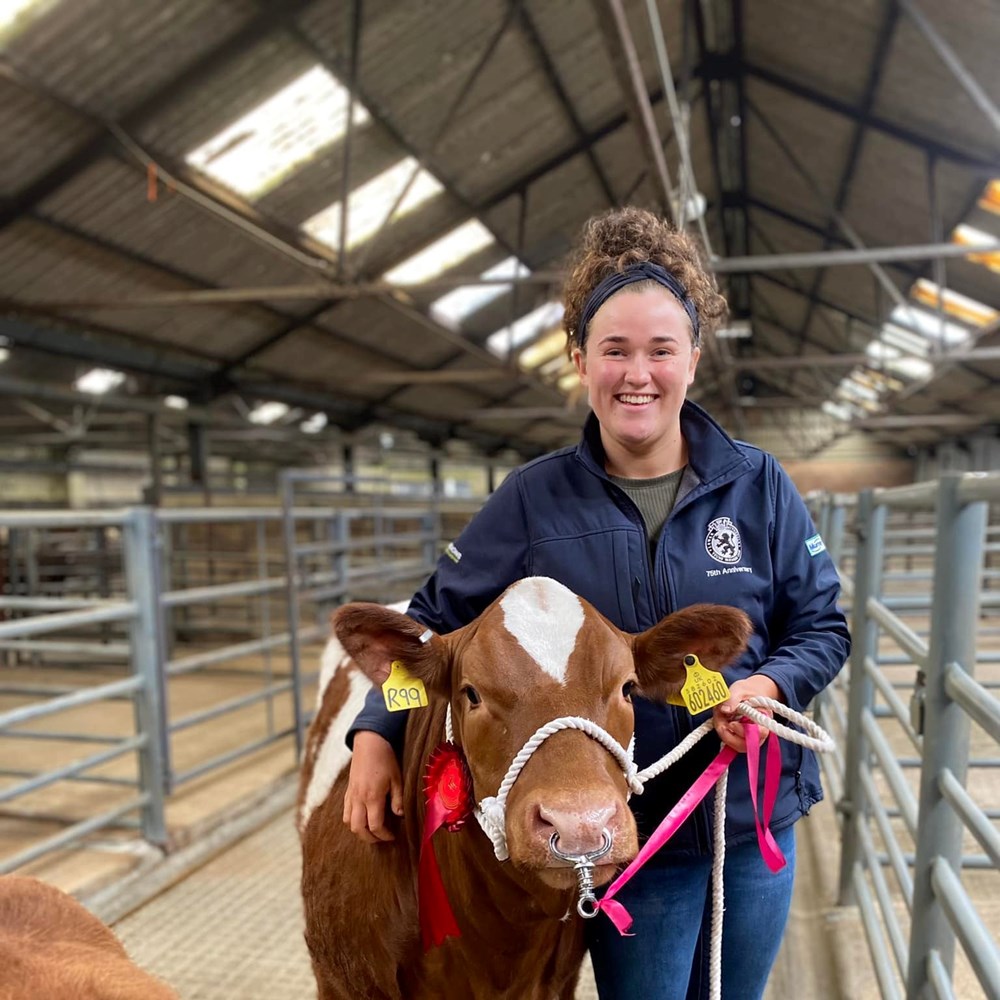Surveying is introduced in first year through ‘Rural Land Use’. This unit takes a higher-level land use perspective as well as including up to date land surveying techniques including GIS methods and is designed to satisfy the needs of candidates seeking Royal Institution of Chartered Surveyors accreditation. It is important that business students at this level are aware of the range of land capabilities in Scotland, including farmland, hill, mountain, estates and forestry, so that they can make appraisals of land capability in a wide range of situations for specified statutory and commercial interests.
In second year students look at farm buildings and their values, use etc with a view to maximising usage of these assets and also the legislative requirements regarding safety and ownership. They will also learn how to use GIS.
This feeds into the third year module, rural surveying and land use which starts to look at the different aspects of land use and how to survey properties.
In fourth year you will study the planning system and land law in detail, alongside learning how to carry out valuations. Students gain an understanding of key legal and planning regulation and policy issues as they relate to all rural property. This will include the importance of land use, ownership and occupation, rural planning law and the law relating to agricultural tenancies in Scotland.
This will equip students to make estimates of the likely purchase price or appraisal for specified statutory and commercial interests, appreciate the mathematics of valuation and an awareness of tenant rights, improvements, compensation, compulsory purchase and valuation for tax purposes.









